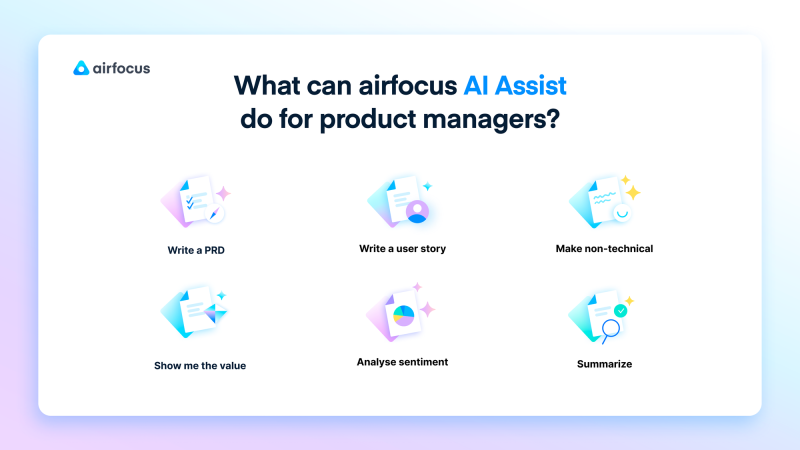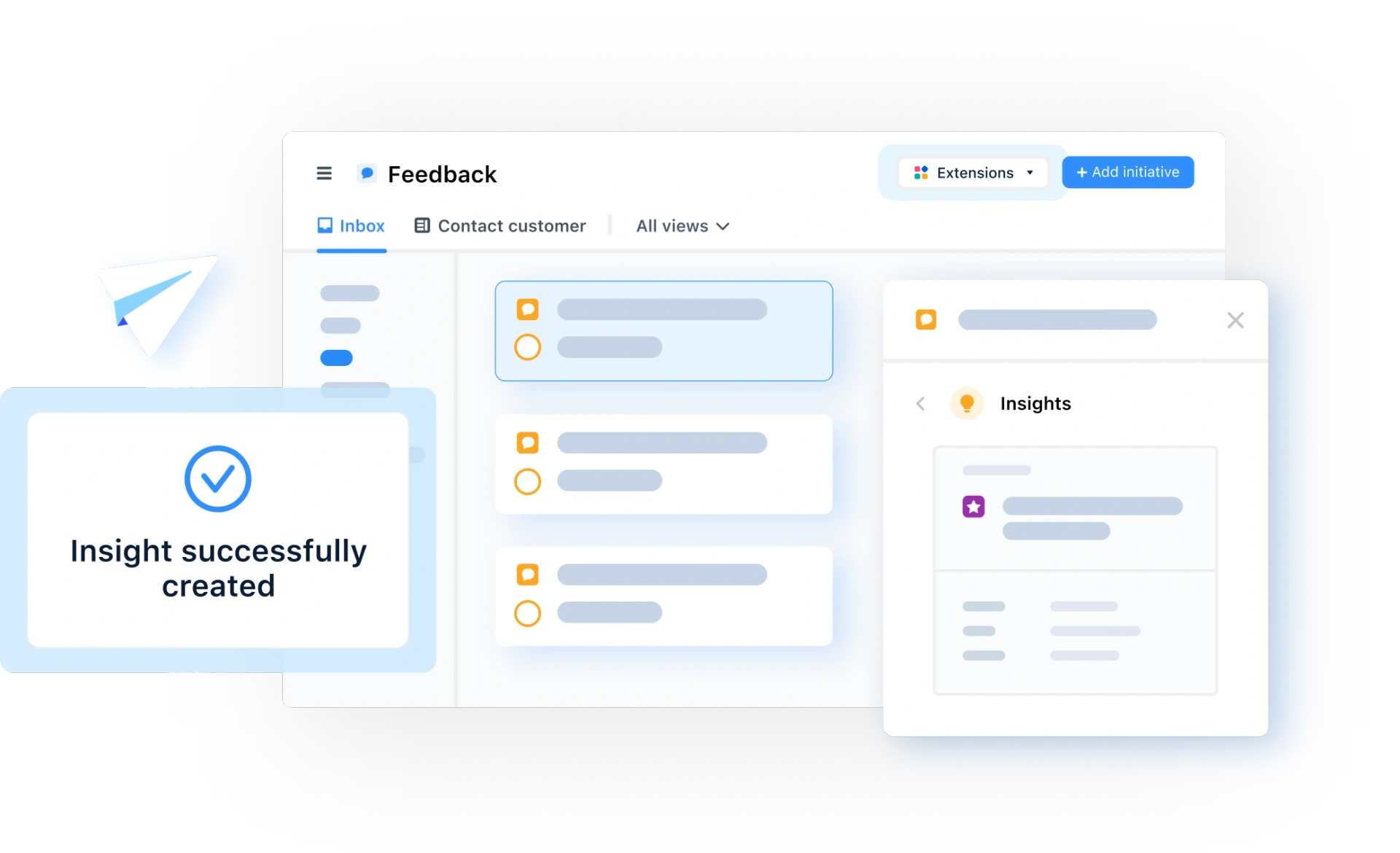In 2008, two friends, Joe Gebbia and Brian Chesky, who were facing a financial crisis, decided to rent out the air mattresses in their apartment to the attendees of a design conference who were struggling to find accommodation in the city. As they started to gather feedback from the guests, they identified several pain points and a massive opportunity to improve the user experience. One of the key insights they gained was that travelers were looking for more than just an affordable place to sleep – they were looking for authentic and immersive travel experiences, with the opportunity to stay in unique and local accommodations to create better memories to reminisce about. This led to the disruption of the travel industry as we knew it, and the birth of Airbnb.
When Starbucks was founded in 1971, it was a small coffee shop in Seattle that sold whole beans and coffee-making equipment. A key customer insight that led to a breakthrough was the realization that people wanted a coffee shop experience that was more than just buying coffee - they wanted a place to socialize and work. To meet this need, Starbucks developed a comfortable and inviting atmosphere, with free wifi and cozy seating areas, that has made it a favorite destination for millions of customers worldwide.

Customer feedback has always played a crucial role in how businesses evolve. It provides valuable insights into customer preferences, opinions, and their satisfaction levels. The product companies of today rely on customer insights to make informed decisions like launching a new product, adding or removing a feature, creating a pricing strategy, brand positioning, or product discontinuation. Netflix today uses the daily viewership data to identify the interests and tastes of its target user segments and then, in turn, uses it to prioritize its investments for original content generation that are most likely to generate the most interest.
Today’s race to get first to market demands even greater speed and agility in every industry. In recent years, the rise of artificial intelligence (AI) has significantly impacted how customer feedback is analyzed and used in decision-making.
The pros of AI-powered customer feedback analysis
"Artificial intelligence will save us time and do what we ask. It won't complain or have mental breakdowns. It will be the perfect employee, except it doesn't have a life or a partner to rush home to.” - Gray Scott
According to one estimate, by 2025, almost 75% of the world's population will be connected to the internet, and each will have a digital interaction around 4,900 times every day, roughly once every 18 seconds. This will amount to adding 175 Zettabytes (1021 bytes) of new data annually in the global data sphere.

Traditional research methods are unable to respond in real-time to the changing consumer behaviors as quickly as they emerge. Methods such as surveys and focus groups, may rely on a small sample size, resulting in inaccurate insights.
However, with the advancements in cloud computing (TPUs), cheap compute power has, for the very first time, become available at scale which allows AI-powered solutions to analyze data from multiple sources, such as social media, customer feedback, and transaction records, to gain a more comprehensive and accurate understanding of customer behavior and preferences.
Another benefit of AI in customer feedback analysis is its increased objectivity. AI algorithms analyze data based on predetermined rules and algorithms, without being influenced by human emotions or subjective perspectives. By eliminating biases and errors that can often influence human decision-making, AI can provide a more impartial perspective on customer feedback that is solely based on data analysis. AI can also identify patterns and trends that may not be apparent to humans, which further contributes to its ability to provide neutral and unbiased insights. This can lead to better-informed decisions and a more effective customer-focused strategy.
In summary, AI-powered solutions used to generate customer insights can provide real-time and accurate understanding of global customer needs and expectations, all with a much higher efficiency.

The cons of ai-powered customer feedback analysis
"The biggest risk with AI is that it will do exactly what we ask it to do, even if that's not what we meant." - Pedro Domingos
Despite the benefits of AI in customer feedback analysis, there are also some potential pitfalls to consider.
For years, technology companies like Facebook, Google and Amazon have faced criticism over biases present in their artificial intelligence systems, especially concerning racial issues. According to research, facial recognition technology tends to display biases against individuals belonging to certain races, with people of color facing greater difficulty in being correctly identified. As a result, there have been several instances (2015 - Google Photos, 2021 - Facebook) where such errors have led to discrimination or wrongful arrest of Black individuals.
Therefore, one of the main concerns against AI is the potential for unintended bias in decision-making. AI algorithms are only as unbiased as the data they are trained on. The quality and completeness of the data used to train AI algorithms can have a significant impact on the accuracy and effectiveness of AI in customer feedback analysis. If the data is incomplete or of low quality, or contains biases, it will be reflected in the decisions made by the AI system. In such cases, the AI system may not provide a comprehensive or accurate representation of customer feedback.
Moreover, while AI can identify powerful patterns and trends in customer feedback, it is still a long way to fully understand the context and emotions behind those feedback. This can result in a limited interpretation of customer feedback and a lack of depth in understanding customer needs and preferences.
The use of AI in customer feedback analysis has also raised a number of ethical and regulatory concerns. Some people are concerned about the ethics of using AI to make decisions about customer experiences and preferences, especially if those decisions could result in harm to customers.
There is also an ongoing debate about the role of human judgment in interpreting customer feedback, and the impact of AI on jobs and the workforce.
The future of AI in customer feedback analysis
"The rise of powerful AI will be either the best or the worst thing ever to happen to humanity. We do not yet know which." - Stephen Hawking
The rise of AI in customer feedback analysis has been driven by the need for businesses to understand and respond to customer needs in a timely and effective manner. Despite the controversies surrounding AI, including issues of bias and privacy, the technology is continuing to evolve and grow in popularity.
The use of machine learning and natural language processing is expected to further enhance the accuracy and effectiveness of customer feedback analysis. AI-powered sentiment analysis is becoming increasingly popular for analyzing customer feedback on social networks and support channels, allowing companies to determine the overall emotional tone of a customer's feedback and respond appropriately.
For example, AI Assist by airfocus, an embedded AI helper inside the airfocus platform, helps product managers analyze sentiment to make it easier and faster for PMs to generate insights and ideas. This helps save valuable time for PMs, getting answers with a simple slash command.

With the recent announcement of Whisper and ChatGPT APIs becoming commercially available, you will see more and more companies resorting to AI to collect and analyze customer demo recordings, support calls and tickets, social media comments and so much more.
However, as the use of AI becomes more widespread in customer feedback analysis, it is also important to consider the role of human judgment and ethical considerations. While AI can provide valuable insights, it is ultimately human decision-makers who must use those insights to make informed and ethical decisions. This requires careful consideration of issues such as privacy, bias, and transparency, as well as a willingness to prioritize the needs and preferences of customers above those of the business. As AI continues to evolve and grow in popularity, businesses must find ways to balance the benefits of AI with the importance of human judgment and ethical considerations.
Conclusion
AI-powered customer feedback analysis offers many benefits to businesses, including speed, efficiency, accuracy, and increased objectivity in decision-making. However, it is important to consider the potential drawbacks, such as the potential for bias and the limitations in understanding context and sentiment.
As AI continues to evolve, businesses will need to balance the benefits of AI with the importance of human judgment with the goal to ensure that the technology is used ethically and responsibly.
Looking for a solution to collect and generate customer insights for your product?
Try out our central feedback management solution with AI-powered insights.

Sami Rehman

Read also
All product feedback in one place






